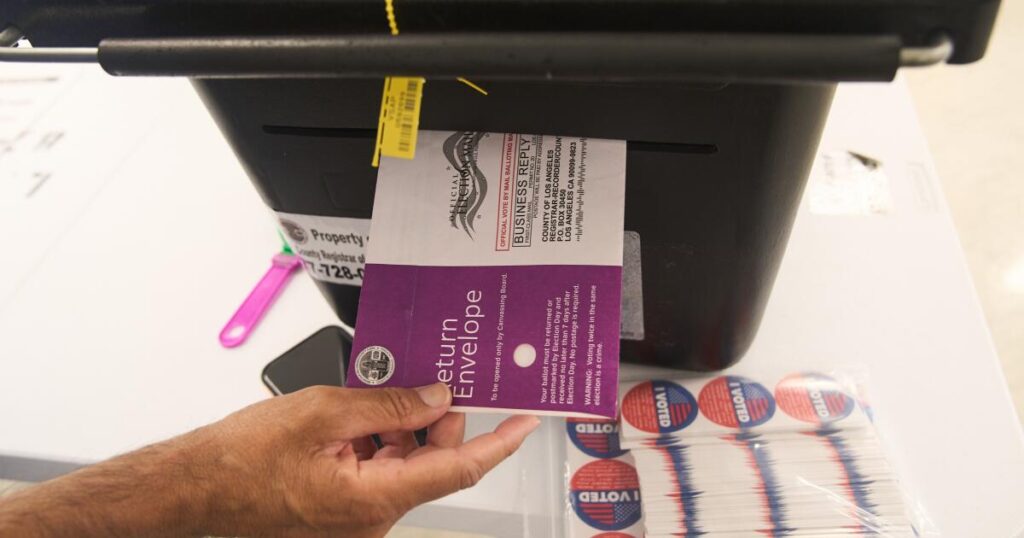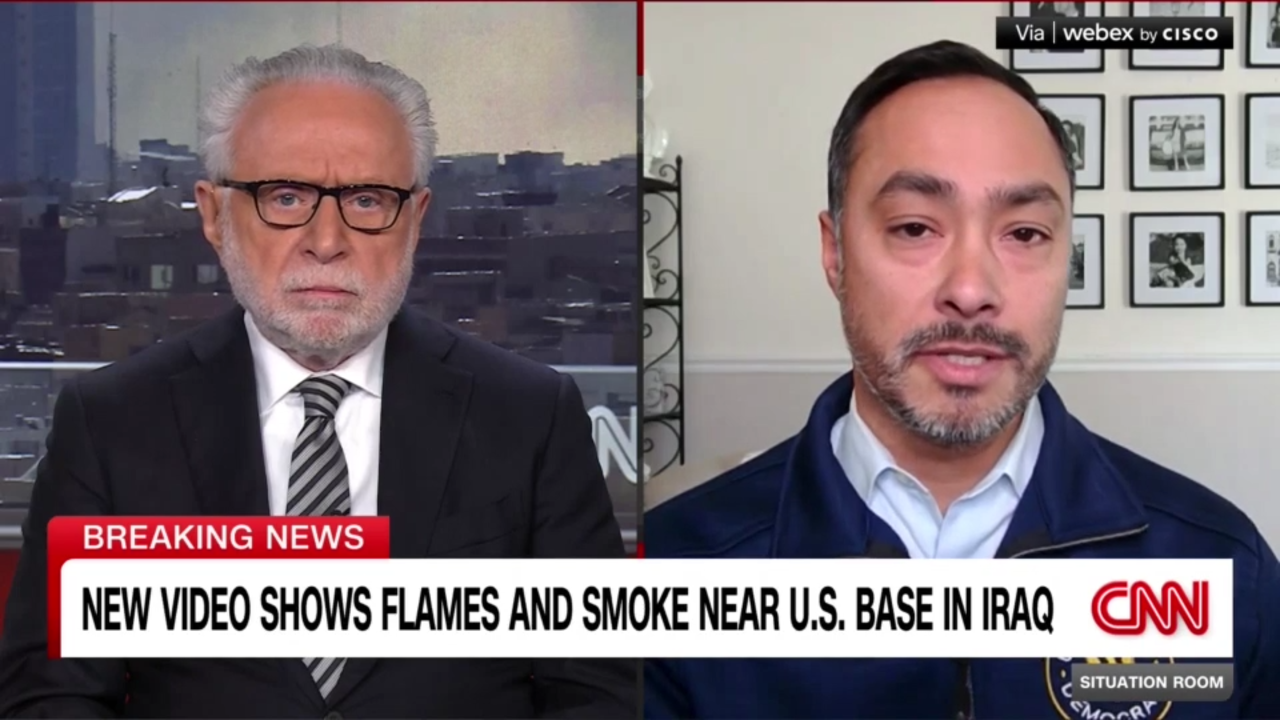
Californians are voting on November 7, 2023, on Proposition 50, a measure aimed at reshaping the state’s congressional districts. This initiative is part of a broader Democratic strategy to counter President Donald Trump’s influence and potentially increase the party’s representation in Congress following the 2026 elections. The proposition, the only item on the special election ballot, was developed in response to Trump’s encouragement for Republican-led states to adjust congressional maps in their favor.
Supporters of Proposition 50 view it as a referendum against Trump, who has low approval ratings in California. Conversely, opponents argue that the measure represents a strategic power grab by the Democrats. Current polling suggests that supporters hold a significant advantage, having raised far more funds than their opponents, and Proposition 50 is leading in the polls.
As voters head to the polls, notable elections are also taking place nationwide, including gubernatorial races in Virginia and New Jersey, and the New York City mayoral race. In California, early voting has already seen nearly 6.7 million ballots cast, representing approximately 29% of the state’s 23 million registered voters. This early turnout has caused concern among Republican strategists, who note that while Democrats are currently outpacing them, Republican voters are expected to turn out in higher numbers on Election Day.
Polls opened at 07:00 and will close at 20:00 local time, with anyone in line allowed to vote. California permits same-day voter registration, allowing eligible residents to cast conditional ballots. A recent poll from the University of California, Berkeley indicates that only 2% of likely voters remain undecided, a figure that may signal a strong turnout for Proposition 50. Mark DiCamillo, director of the survey, noted the unusual lack of undecided voters, suggesting a clear sentiment among those who have made their decision.
Proposition 50 was proposed after Trump urged Texas Republicans to redraw their district lines, which prompted California Democrats, including Governor Gavin Newsom, to respond with a plan that could add five Democratic seats to the state’s 52-member delegation. This measure comes amidst significant political tension, with both parties investing heavily in the election. More than $193 million has been contributed to campaigns supporting and opposing the proposition, making it one of the most expensive ballot measures in California’s history.
Democrats argue that controlling Congress is essential to halt policies they find objectionable, including immigration raids and cuts to social programs. In campaign ads, former President Barack Obama emphasizes the importance of Proposition 50 in maintaining a fair electoral process. He states, “With Prop. 50, you can stop Republicans in their tracks. Prop. 50 puts our elections back on a level playing field.”
In opposition, former California Governor Arnold Schwarzenegger critiques the measure, asserting that it undermines the independent redistricting commission established by voters. He urges Californians to reject Proposition 50, emphasizing that democracy must be protected. His statement, “The Constitution does not start with ‘We, the politicians.’ It starts with ‘We, the people,’” reflects a broader concern among opponents about the implications of changing the redistricting process.
As Election Day unfolds, the outcome of Proposition 50 remains uncertain. While recent polling indicates support for the measure, questions loom over whether any potential gains for Democrats in California will sufficiently counteract losses in other states due to partisan gerrymandering. The stakes are high, and the votes cast today will play a crucial role in shaping the political landscape leading up to the next election cycle.






